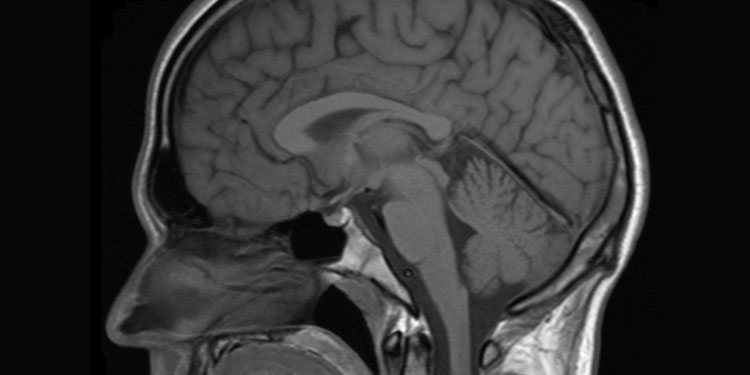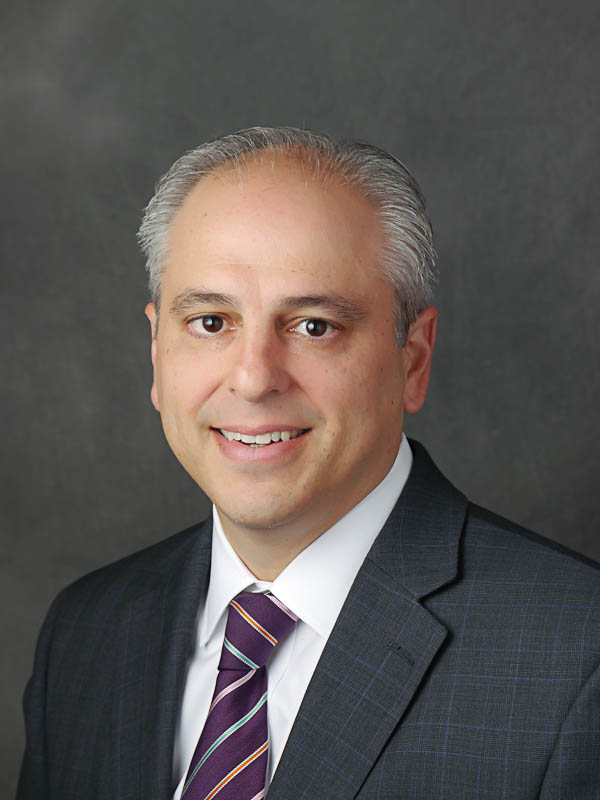By Dave Yochum. The crash of the German jetliner in late March raises questions about mental illness and how employers should deal with troubled employees.
Authorities say the co-pilot had a mental illness that he hid from the airline and that he was treated for suicidal tendencies before he became an airline pilot.
“It is incredibly unusual hearing about anyone who is suicidal and to take 150 people with them,” said Dr. John Santopietro, chief clinical officer for behavioral health services at Carolinas Healthcare System.
A psychiatrist, he was recruited by CHS when the non-profit healthcare company opened a 66-bed, $36 million behavioral health facility in Davidson a year ago.
Santopietro said the warning signs of mental illness “can be subtle and on the other hand not so subtle. If you look at a national tragedy, people look, and go ‘there were lots of signs.’”
Santopietro knows about national tragedies first-hand. He was chief medical officer at Community Health Resources in Windsor, Conn., during the Sandy Hook tragedy that resulted in the deaths of 20 schoolchildren. Under his leadership, a team of professionals counseled more than 300 people affected by the tragedy.
Depression, anxiety and substance abuse are the most common forms of mental illness in the workplace—and at home—followed by bipolar and obsessive-compulsive disorder. Depression is often associated with substance abuse, a bona fide mental illness.
Substance abuse is indeed recognized as a mental illness, Santopietro said. “There is a genetic component that is clearly in the brain. There has been a false dichotomy in separating substance abuse from mental illness. It should be one in the same,” he said.
Santopietro said employers can talk about mental illness with a troubled employee. It’s fair—and kind—to ask if something is wrong.
“You can say ‘I noticed you seem to be having a rough time, I just wanted to ask if you are OK,” Santopietro said. And then follow up with, “I would hope you would do the same thing for me.”
It’s best to nurture an atmosphere where employees can come forward with problems, where there’s not a fear of retribution or job loss, Santopietro said.
Documents found in the co-pilot’s home indicate that he had mental illness but kept the diagnosis from his employer.
Depression can be a precursor of suicide. Santopietro said employers should be alert to a change in routine, mood and behavior, “not showing up or showing up late…there is a significant change in sleep, appetite up or down, more withdrawn, more anxious.”
Santopietro said it’s also OK to check in with family, and still comply with the Health Insurance Portability and Accountability Act. “HIPAA is not as restrictive as you might think. There is HIPAA and there is over-interpretation of HIPAA,” he said.
Some mild forms of mental illness can be helpful in a work setting. Obsessive Compulsive Personality Disorder might not be biologically based like OCD, and might not inhibit a successful career.
“Obsessive traits can be a huge advantage…like in a statistician,” Santopietro said.
Carolinas HealthCare System Behavioral Health Crisis Hot Line: 704-444-2400



Discussion
No comments yet.